- Membership Resources
- State Chapters
- Education/Events
-
Advocacy/Policy
- Home Care Workforce Crisis: An Industry Report and Call to Action
- Advocacy Fund
- State of Home Care: Industry at Crossroads
- Home Care Workforce Action Alliance
- Caring for Seniors: Value of Home Care
- Home Care by the Numbers
- Issues & Positions
- Legislative Action Network
- State Legislation Tracker
- Federal Legislation Tracker
- 2024 National Advocacy Day
- About HCAOA
- Find a Job
|
Early this week, President Biden announced the administration will end the national emergencies connected to the COVID-19 pandemic on May 11, 2023—extending it a month from the original April 11 end date. The implications of the ending of the public health emergencies are far-reaching and complex due to emergency health policies that grew out of emergency declarations, such as expiring waivers affecting home- and community-based services, pharmacies, nursing homes, and more, according to InsideHealthPolicy, an inside Washington news service. The White House warned, “[A]n abrupt end to the emergency declarations would create wide-ranging chaos and uncertainty throughout the health care system -- for states, for hospitals and doctors’ offices, and, most importantly, for tens of millions of Americans,” pointing in part to Medicaid enrollment requirements—and increased funding—during the PHE.
HCBS advocates expect the end of the public health emergency may cause trouble for the industry, which has wrestled with staffing shortages throughout the pandemic. Early in the pandemic, emergency modifications to states’ HCBS waivers called Appendix K modifications broadened the cohort of caregivers who could be reimbursed by Medicaid and increased pay for HCBS workers. When the public health emergency ends, states will have up to six months to make their Appendix K expansions permanent. Without the Appendix K modifications, many family caregivers will no longer be eligible for reimbursement and rate increases for professional HCBS workers would disappear. As supports contingent on the COVID-19 public health emergency are rolled back, providers could also struggle to comply with the Americans with Disabilities Act, according to the American Network of Community Options and Resources. This article was provided, in part, by InsideHealthPolicy.
0 Comments
Leave a Reply. |
Archives
July 2024
Categories
All
Upcoming Events |
|
Phone: 202-519-2960 | 444 N. Capitol Street NW, Suite 428 | Washington, DC 20001
[email protected] | sitemap © 2024 Home Care Association of America. All Rights Reserved. | Privacy Policy | Refund Policy |
|

 RSS Feed
RSS Feed
